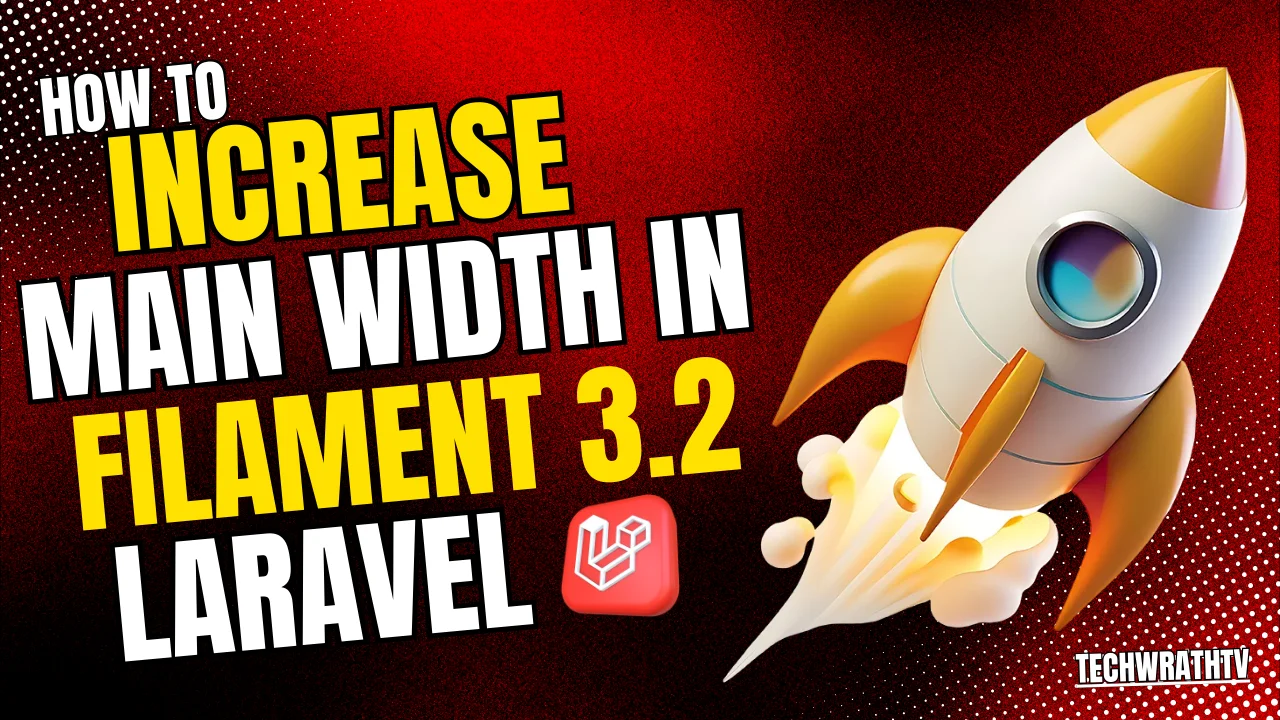In today’s digital-first world, social media has become one of the most powerful tools for businesses to engage with their audience, promote products, and build brand loyalty. Behind every successful social media presence, there’s often a skilled social media specialist working to ensure every post, interaction, and campaign aligns with business goals. But what exactly does a social media manager do, and why are their services so critical to a brand’s success?
In this article, we’ll explore the multifaceted role of a social media manager, breaking down their responsibilities, the skills required for success, and how leveraging social media management services can elevate your business to new heights.
Key Responsibilities of a Social Media Manager
1. Developing a Social Media Strategy
A social media manager’s first task is to devise a comprehensive strategy that aligns with the brand’s marketing goals. This includes defining the target audience, determining the best platforms to reach them, and deciding on the type of content that will resonate. The strategy typically includes:
- Identifying the brand voice and tone.
- Setting goals, whether it’s increasing engagement, driving website traffic, or improving brand visibility.
- Creating a content calendar that plans posts, promotions, and campaigns in advance.
Without a clear strategy, businesses can end up posting random content, which does little to build their brand or attract followers.
2. Content Creation and Curation
A core responsibility of social media managers is creating engaging, high-quality content that aligns with the brand’s voice. This includes writing captions, creating or sourcing visuals (images, videos, infographics), and ensuring content is optimized for each platform.
- Original Content Creation: From crafting creative captions to designing visuals and editing videos, content creation is essential. Social media specialists often work with graphic designers, videographers, or in-house creative teams.
- Content Curation: Not all content needs to be created from scratch. Sometimes, sharing relevant articles, reposting user-generated content, or leveraging trending topics can help keep the content fresh.
3. Scheduling and Posting
After creating content, the next step is posting it at optimal times when the audience is most active. Social media experts use tools like Buffer, Hootsuite, or Sprout Social to schedule posts in advance across multiple platforms. They monitor these posts to ensure they go live without any glitches and make real-time adjustments when necessary.
Consistency is key in social media, and scheduling ensures that the brand remains active even outside regular business hours.
4. Community Management
Social media is not just a one-way communication tool; it’s a place for engagement. A manager monitors comments, direct messages, and mentions, responding to users to foster a sense of community around the brand.
- Customer Service: Social media has become a go-to platform for customers seeking quick and convenient solutions to their issues, replacing traditional methods like phone calls or emails. A key role in managing these inquiries involves responding promptly and professionally to customer questions, addressing anything from basic product details to complex concerns. This fast-paced interaction can prevent minor issues from escalating publicly and safeguard the brand’s reputation. When certain queries require specialized assistance, they are forwarded to the relevant internal teams, such as IT for technical problems or finance for billing issues. This efficient coordination ensures a smooth and satisfactory customer experience. Additionally, resolving issues in a public space can serve as a demonstration of the brand’s commitment to excellent customer service. Positive interactions show transparency and build trust with both existing and potential customers, while unresolved complaints can harm the brand’s image. Monitoring tools are often used to track mentions of the brand, enabling proactive engagement with customer concerns. This forward-thinking approach helps maintain customer loyalty by resolving issues even before formal complaints arise.
- Engagement: Engagement on social media goes beyond simply responding to comments. An active approach involves consistently interacting with followers by replying to their messages, liking posts, and maintaining a visible presence in conversations. This proactive effort helps foster stronger connections, encouraging deeper relationships with the audience. Additionally, interacting with other brands or influencers can expand the brand’s reach and create collaborative opportunities. By engaging with relevant industry content, the brand stays top-of-mind with its followers and builds a more active, loyal community. Such ongoing engagement strengthens trust and enhances the overall user experience.
5. Monitoring Trends and Insights
The digital landscape is ever-evolving, and social media platforms introduce new features or trends regularly. A social media manager stays on top of these trends and adapts their strategy accordingly. Whether it’s hopping onto a viral trend, using a new Instagram feature, or adapting content based on algorithm changes, staying current is vital.
In addition to trends, monitoring analytics and performance metrics is another critical task. Social media managers track metrics like engagement rates, follower growth, and reach to assess what’s working and what isn’t. This data-driven approach ensures that the strategy remains agile and aligned with business objectives.
6. Paid Social Media Campaigns
In today’s competitive digital space, organic reach is becoming harder to achieve, and paid social media campaigns are often necessary to boost visibility. Social media managers plan and manage paid advertising campaigns on platforms like Facebook, Instagram, LinkedIn, and Twitter.
They target ads based on demographic information, user behavior, and interests to ensure the best ROI. Managing the budget, optimizing the ads, and analyzing the campaign’s performance are all part of this role.

Why Hiring a Social Media Manager is Essential for Your Business
As social media continues to dominate the marketing world, businesses can no longer afford to have an inconsistent or unprofessional online presence. Here’s why hiring a social media manager is not just an option but a necessity:
1. Expert Knowledge and Experience
Social media platforms change frequently, with new features, algorithms, and trends constantly emerging. A social media manager is well-versed in these changes and knows how to adapt a strategy to leverage these updates. They also bring insights from working across industries, understanding what works for different audiences and what doesn’t.
2. Time-Saving
Managing social media can be time-consuming. Between content creation, posting, responding to comments, and monitoring performance, it can quickly become overwhelming for business owners. A social media manager takes on these responsibilities, allowing you to focus on your core business functions.
3. Consistency and Growth
A well-managed social media presence translates into brand consistency. Social media managers ensure regular posting, meaning your audience will always see fresh content. This consistency builds trust and keeps the audience engaged, ultimately leading to growth in followers, engagement, and even sales.
4. Data-Driven Results
Social media is not just about posting content and hoping for the best. Social media managers analyze performance data to fine-tune the strategy. By examining metrics like reach, impressions, and engagement rates, they make informed decisions that lead to improved performance over time.
5. Integrated Marketing
A social media manager ensures your social efforts align with other marketing strategies like SEO, content marketing, and paid ads. By working with other departments, they integrate your social presence into a broader marketing plan that amplifies the brand’s reach and drives business results.
Why Choose TechWrath’s Social Media Manager Services?
At TechWrath, we understand that managing social media is more than just posting content; it’s about creating a comprehensive strategy that drives results. Our social media manager services are designed to take the hassle off your hands while delivering maximum engagement and growth for your brand.
We offer:
- Customized Social Media Strategies: Tailored to your business goals and target audience.
- Content Creation and Curation: High-quality visuals, compelling captions, and an eye for trends.
- Community Management: Engaging with your followers and building a loyal customer base.
- Analytics and Reporting: Data-driven insights to continuously improve performance.
- Paid Advertising Expertise: Targeted campaigns that maximize your ROI.
Whether you’re looking to build your brand presence, increase engagement, or drive sales, our team at TechWrath is here to help you succeed.Ready to elevate your social media game? Contact TechWrath today to learn more about our social media management service and take the first step toward transforming your brand’s online presence!





